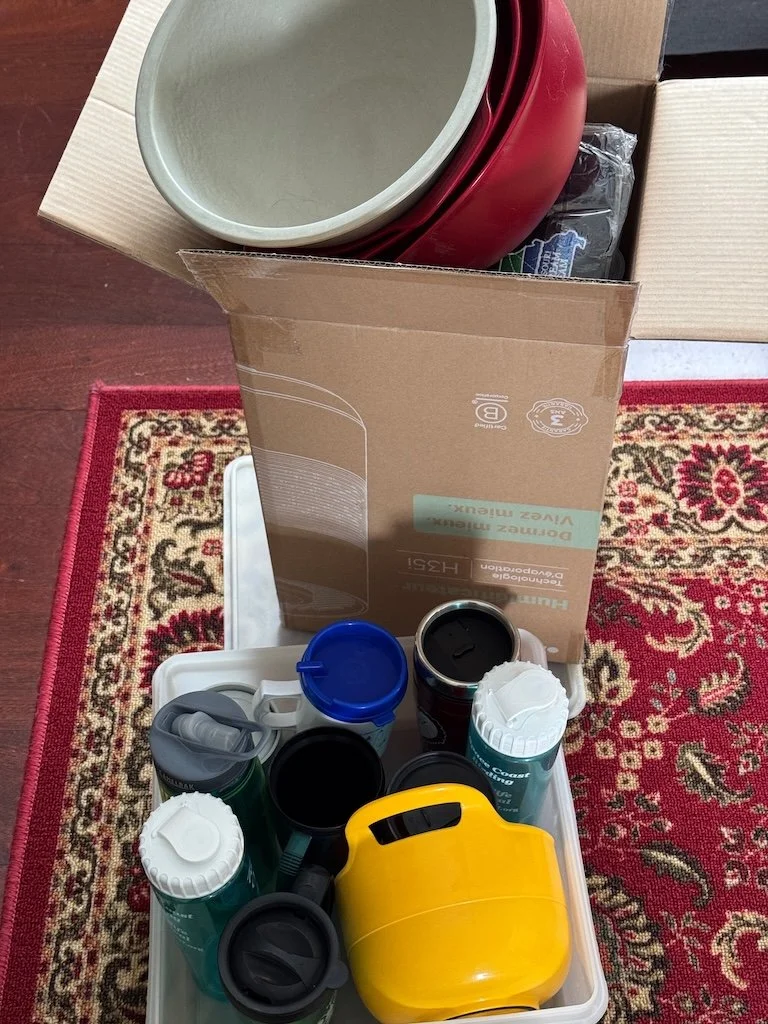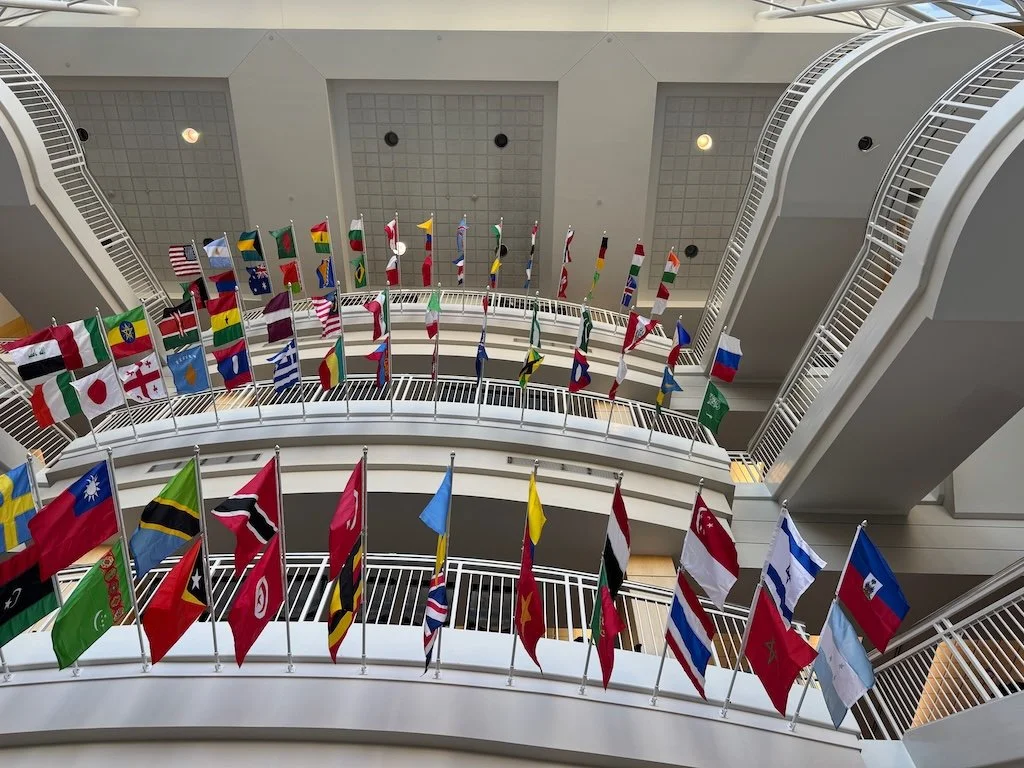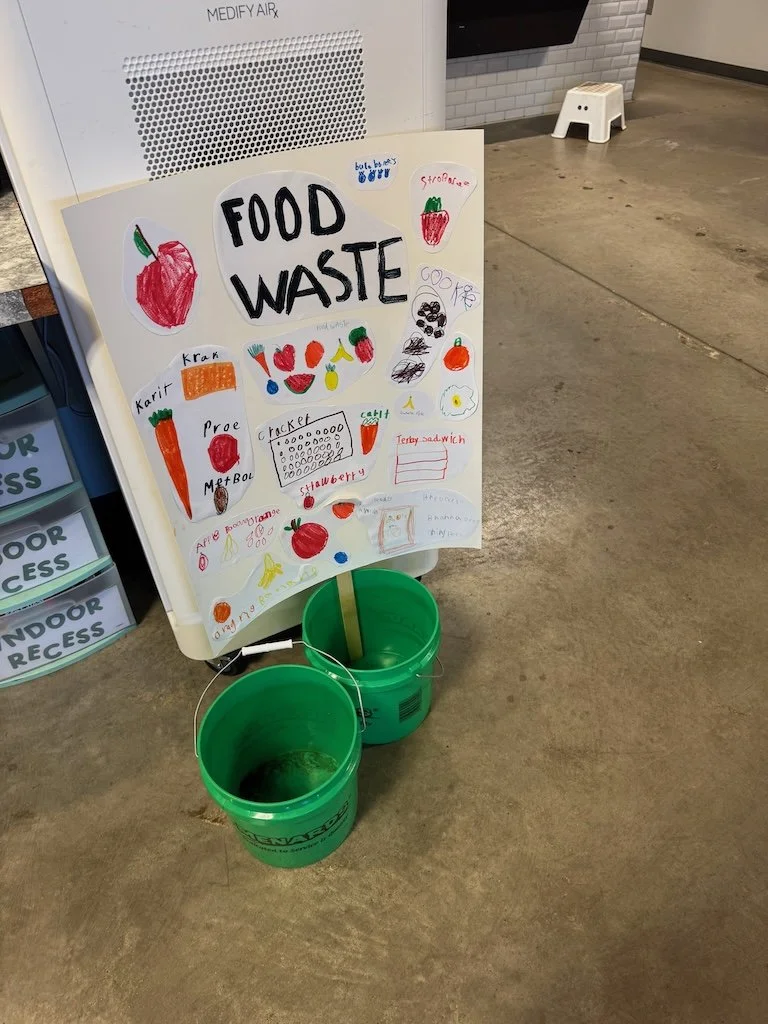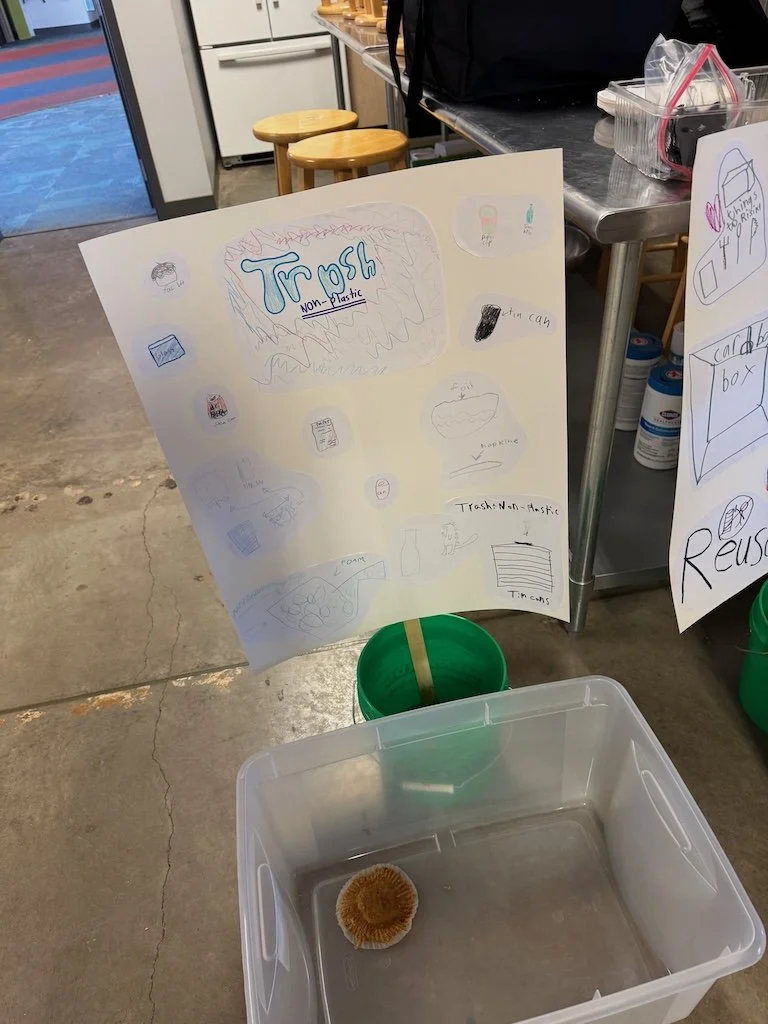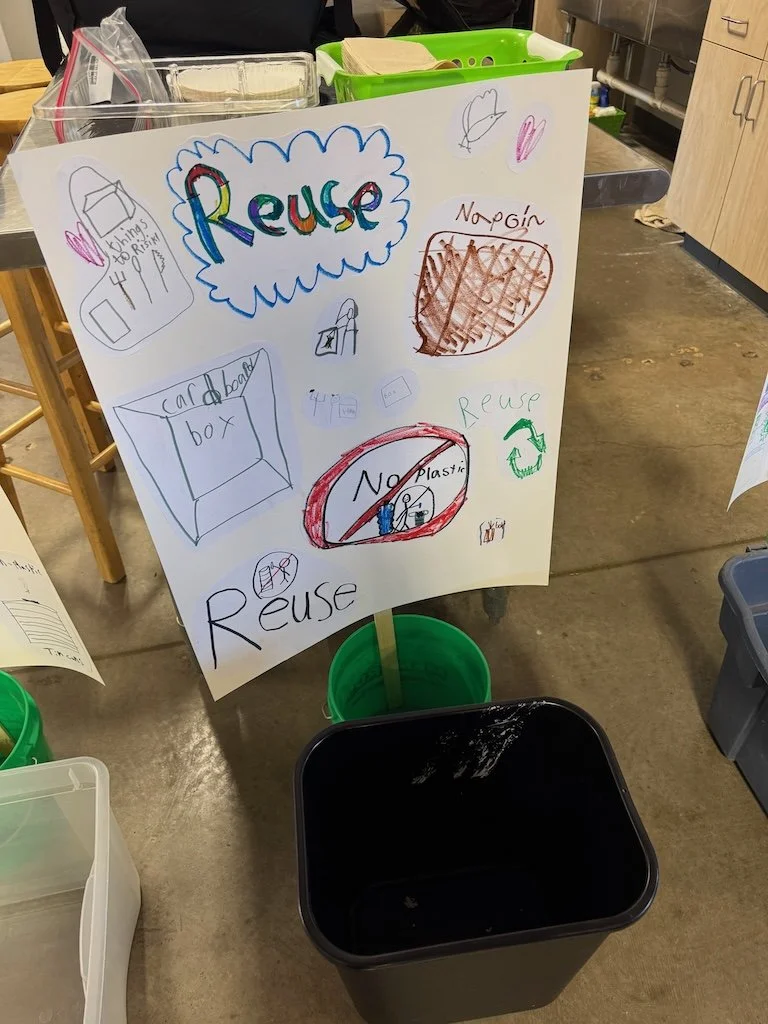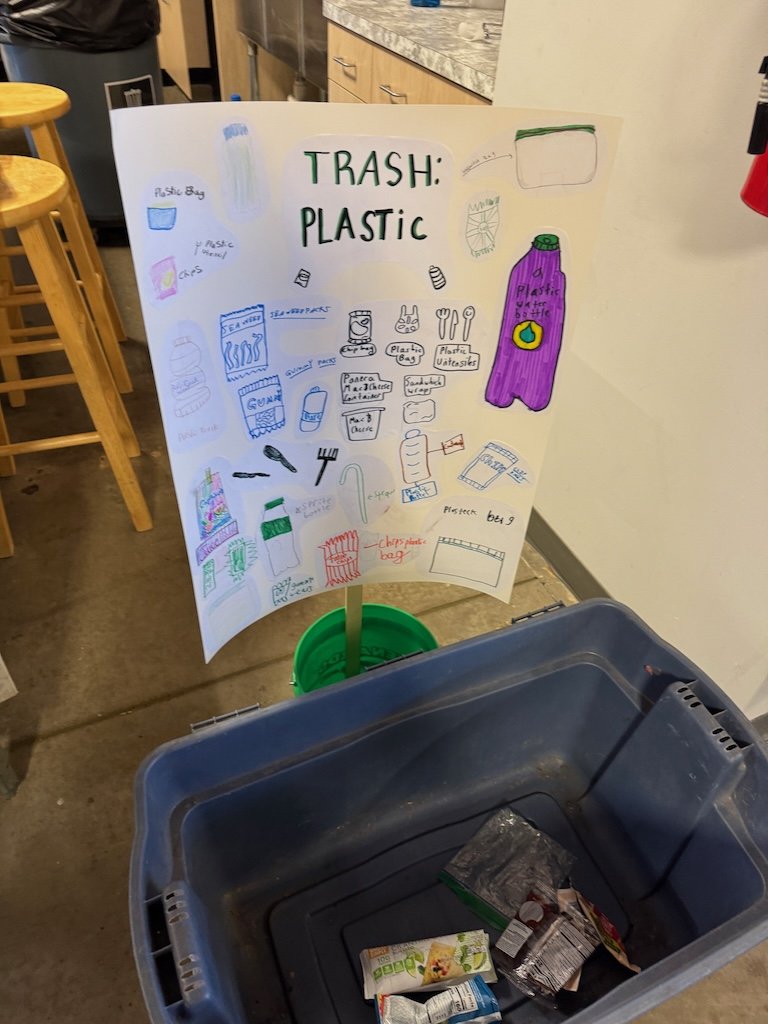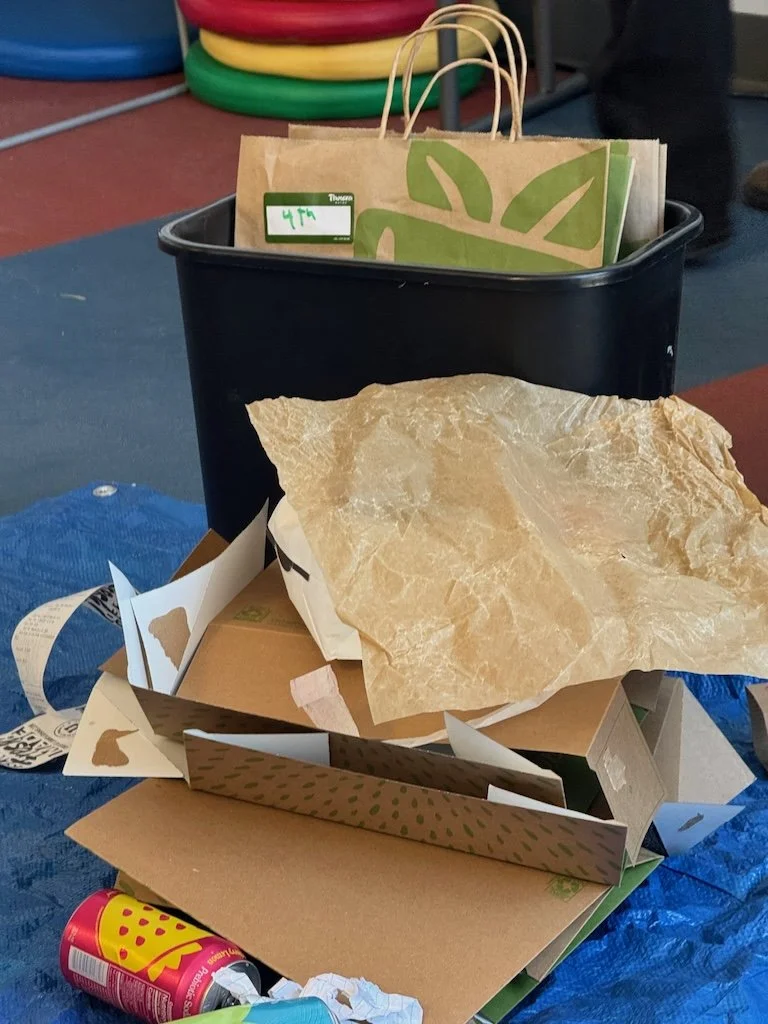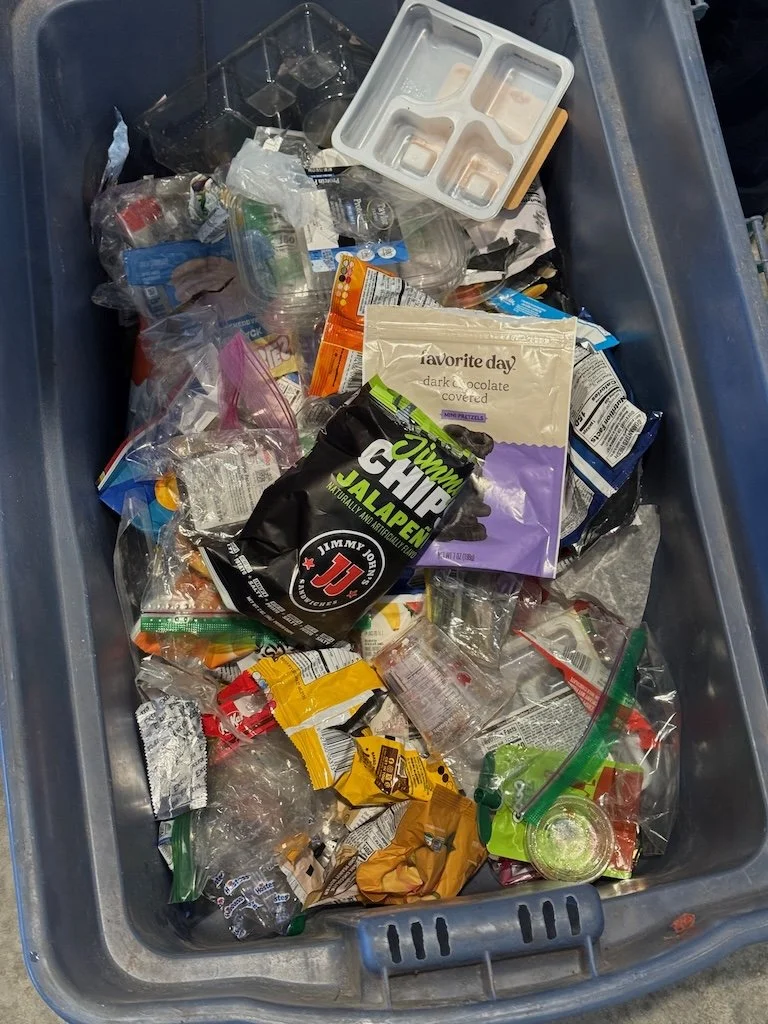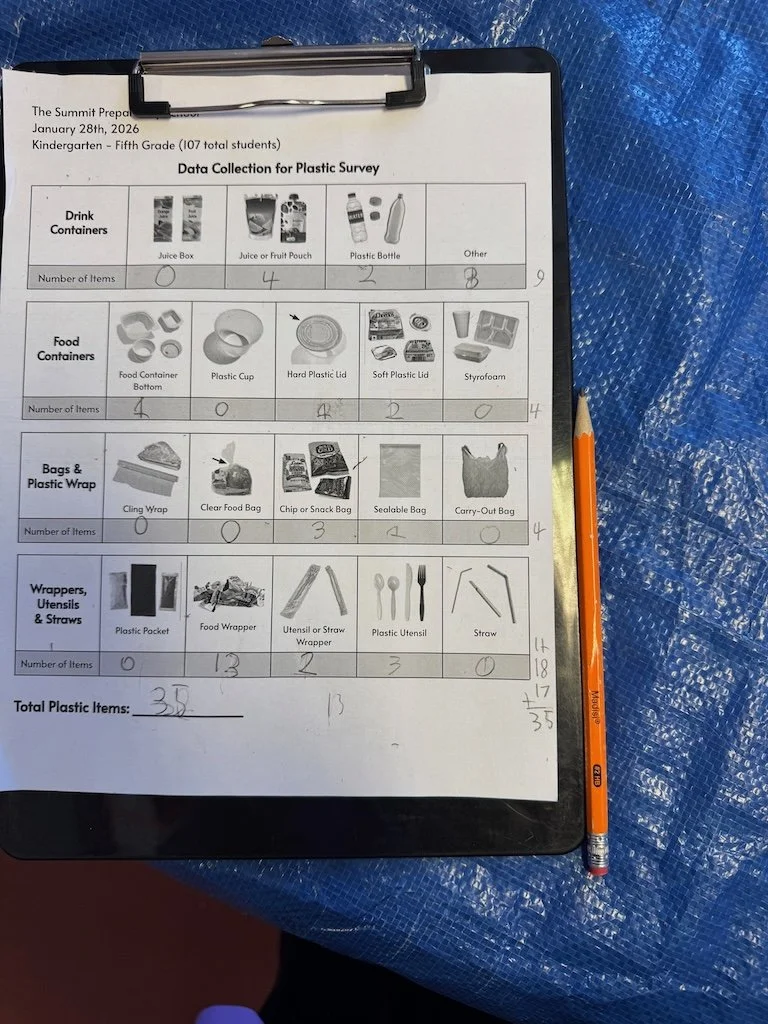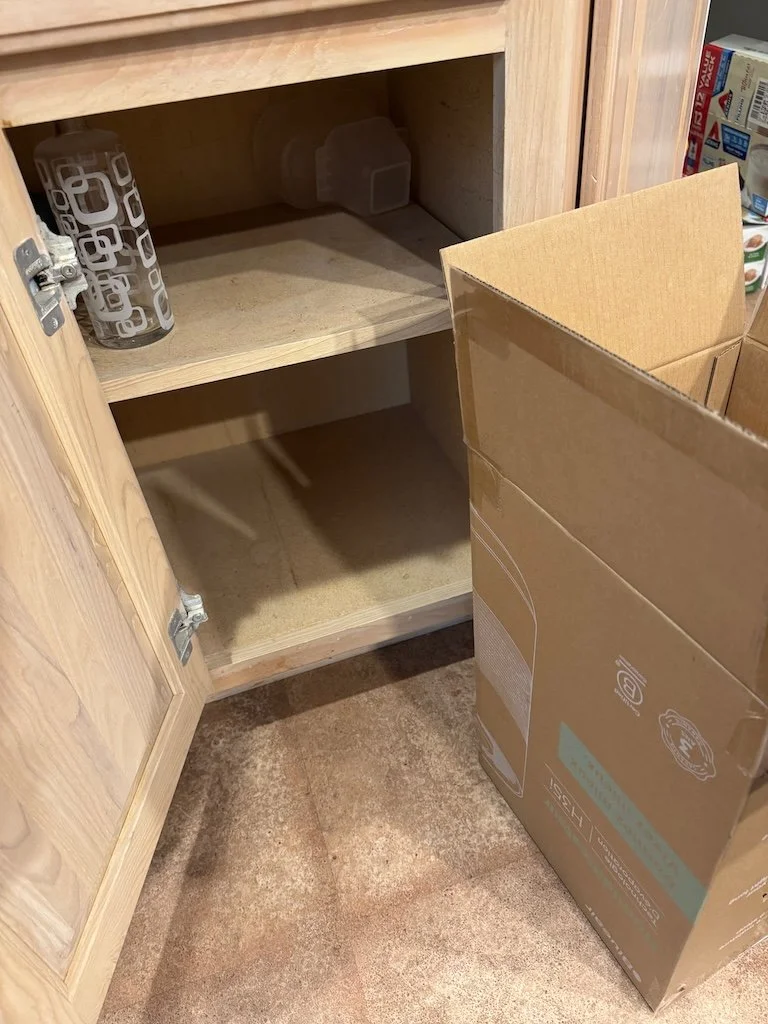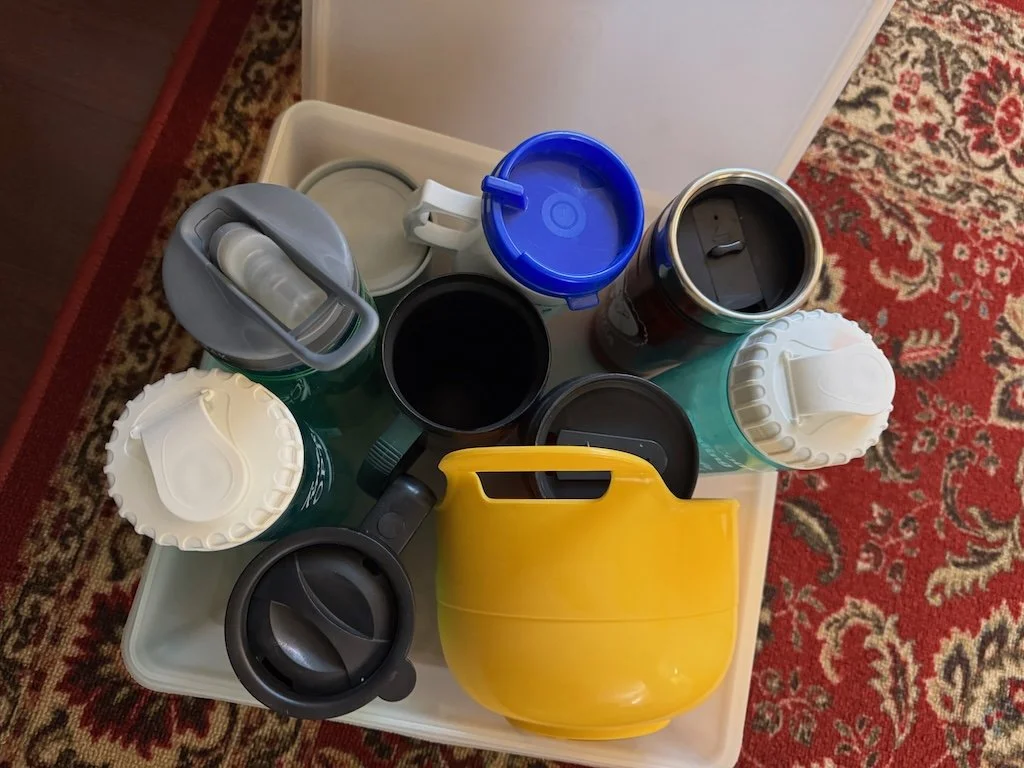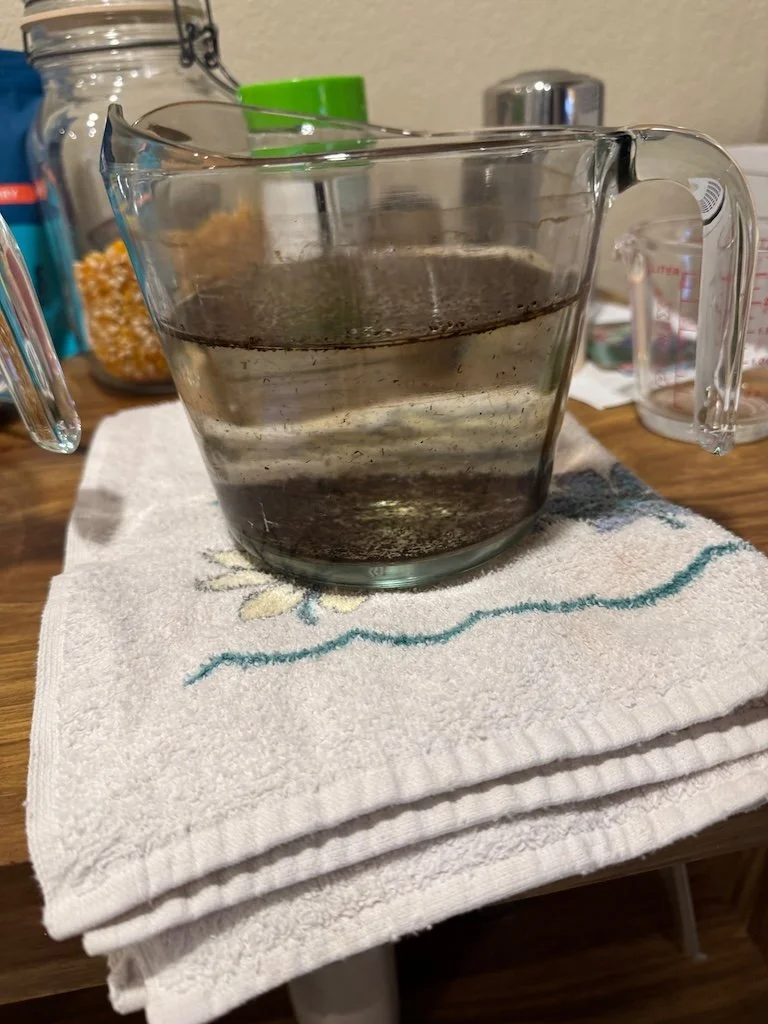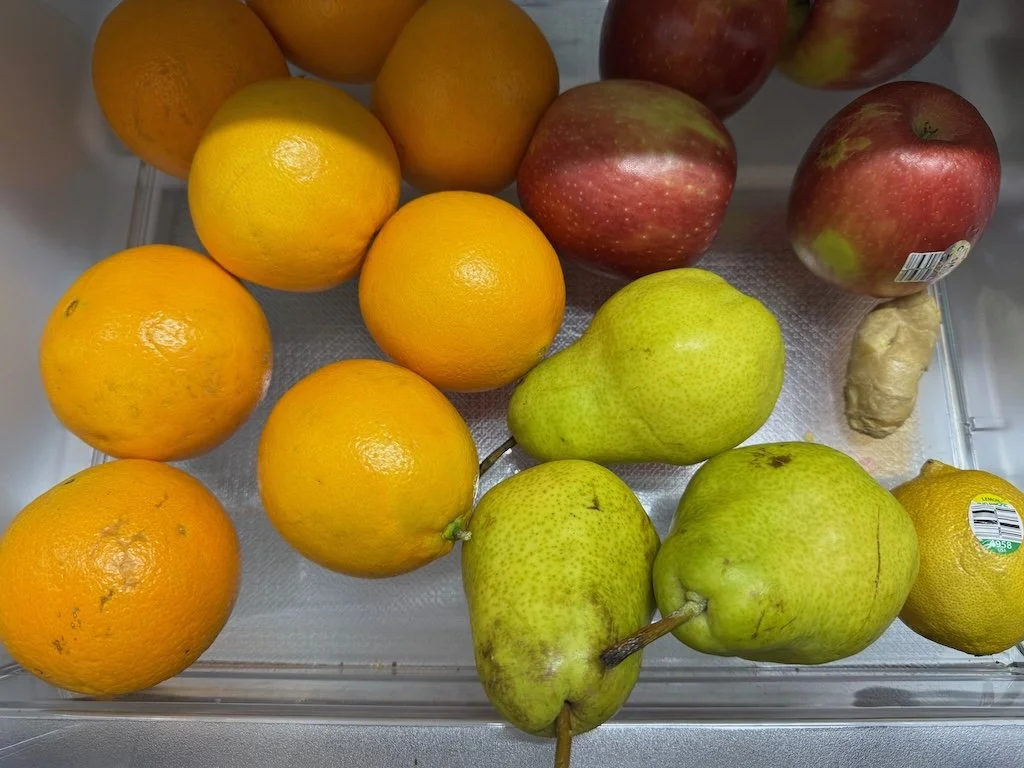Plastics Crisis - Textiles
/There seem to be plastics everywhere. I’ve come to realize that in my home, the largest source is probably textiles! The carpets that were in the house when we purchased it a few years ago are likely all synthetic fibers (although about 1/3 of the house is tile or vinyl (plastic)). When we vacuum the particles are gray and powdery…the plastic there is already very small.
And then there are clothes. We have some clothes that are cotton or cotton/polyester (plastic)…but some items are 100% synthetic (polyester, acrylic, nylon, spandex). I don’t dry more than half my clothes that are synthetic fibers, but there are enough that the lint from the dryer should probably be considered toxic (probably should put it in a covered trash can so microplastics will not waft from it); I hope washing machine technology will eventually filter their waste water but I’m not sure how to handle what a filter would collect safely).
Back in March 2019 I posted some macro photography of textiles; I’ve copied it below with some commentary afterward.
—
I am finally experimenting with my 60x macro lens that I got for my phone. Textiles around the house were an easy project. The lens has a light and I found it handy. With this lens, I use the zoom on the phone to avoid clipping the image to take out the vignetting around the edges. I’d rather compose the image in the camera.
I liked the simple weave and colors of the worn dishcloth.
A crocheted hat had brilliant color but was not flat enough to focus well.
The washcloth had more fuzzy fibers than I expected but
Not nearly as many as the wool sock.
I got stuck on a tapestry jacket…had a challenge to choose just 3 to include in this post. The last one was from the inside of the jacket.
The machine embroidery of a silk jacket looked very different than I anticipated.
The weave of a light-weight jacket was more complex.
I realized that the patterns on t-shirts were painted – but hadn’t thought about what they would look like with the macro lens. The blobs of color stand out on the surface of the cotton knit.
The most non-fuzzy fabric was microfiber underwear!
The yarn in the bulky cardigan was almost too big to look interesting at this magnification.
Machine-made borders look more orderly than the fabric sometimes (the black is thread).
The eye detects tiny holes in the fabric of the bag for delicate fabrics to go in the washer; with macro lens, it looks like a Zentangle.
After I got back to my office, I looked at two mouse pads with the macro lens. One is a woven surface…the other looks like a paint.
--
The macro photographs make it easy to see how easily fibers escape from our clothes and carpets.
Right now I am thinking that at home the 1st priority is to not have any plastic around heat (mostly in the kitchen) and the 2nd is reducing synthetic textiles!



















